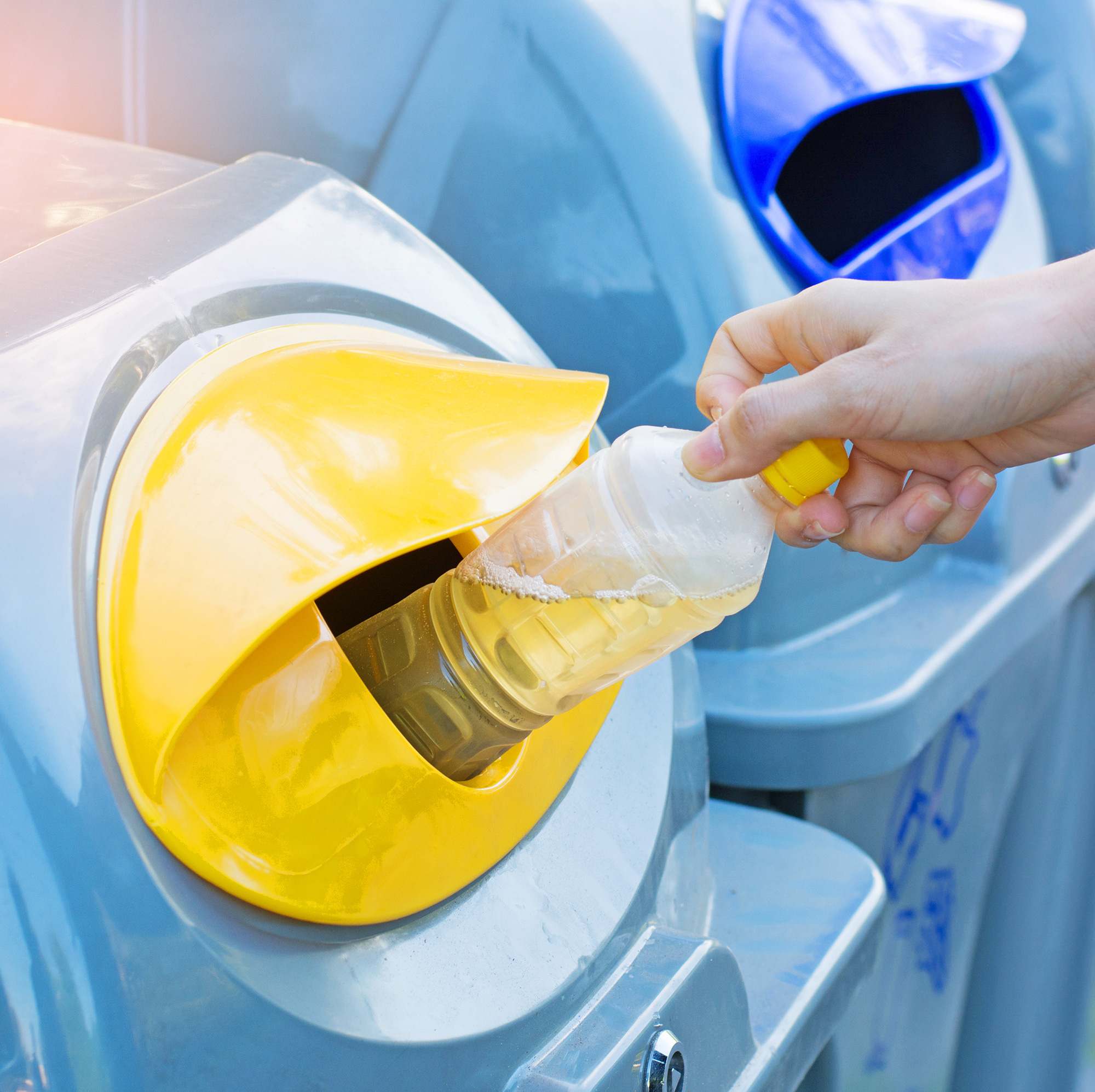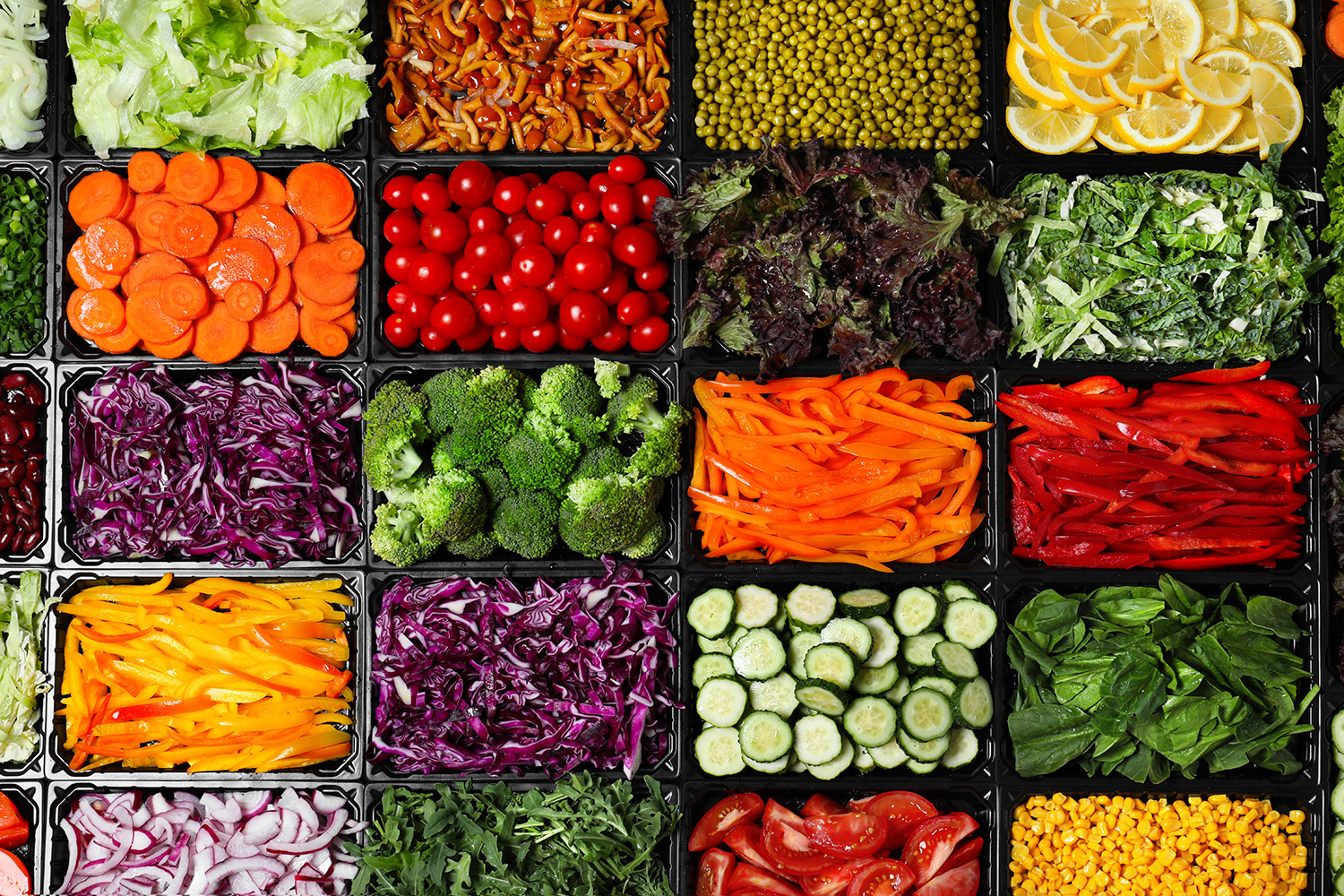Refill & Reuse
How 'Refill a Box' trial could offer retailers another way to cut single-use plastic in-store
In the UK, multiple retailer Morrisons has begun testing ‘rentable’ food storage boxes in four of its stores with the aim of further reducing single-use plastic.


T
he operator, which claims the initiative is the first to be trialled in the country’s supermarkets, takes a deposit of GBP5 (US$6.55) for the box, which can be used at its salad bars. The deposit is refunded on the return of the container within seven days.
Made from fully recyclable polypropylene, the boxes can be reused up to 400 times. Durability is a key product attribute that plays an increasingly influential role in the disposability of single-use plastic.

Image: Morrisons
To access the scheme, which is called, predictably, ‘Refill a Box’, the consumer uses the ‘CauliBox’ app to collect an empty box by scanning a QR code at the salad bar. Consumers can also use the app to locate the nearest return point and check their deposit balance. Once returned, the boxes are machine-washed and sanitised before their re-use.
Morrisons hopes the pilot will reach wider use across the retail and foodservice industries.
The project’s digital integration works in a similar fashion to some reusable containers already on supermarket shelves. Circular packaging company Loop, for example, has been working successfully with food brands to shift their products into containers that can be repeatedly reused.
Looking forward, app compatibility will be vital to ensure a ‘check’ on consumer behaviour. Digital tools can help to nudge consumers with notifications and reminders while also providing a convenient way to monitor containers due for return.
Packaging reusability has grown beyond a fad and become a tangible part of food and drink packaging.
According to GlobalData’s 2021 Q3 consumer survey, almost two-thirds (65%) of global consumers say ‘refillable/reusable’ product attributes are “quite” or “extremely important”. This sentiment is universally accepted as a positive feature, with little differentiation across different age groups and societal demographics.
Reusability services, therefore, possess a high degree of potential as leading retailers like Morrisons target the wider consumer base, rather than a niche demographic. That said, a negative reaction could be seen in on-the-go or impulse categories where disposable packaging is more convenient. Product reusability is making gradual inroads into retail, although we are perhaps seeing the first commercial steps within foodservice.
A key benefit of reusable packaging is its ability to transcend market segments, working well for both value and premium products. Meanwhile, from a regulatory standpoint, refillable packaging plays a prominent role in Europe as part of the EU’s ‘Circular Economy’ action plan.
Retailers and foodservice operators would do well, then, to work with circular providers to offer reusability as the concept becomes an increasingly visible alternative to disposable packaging.